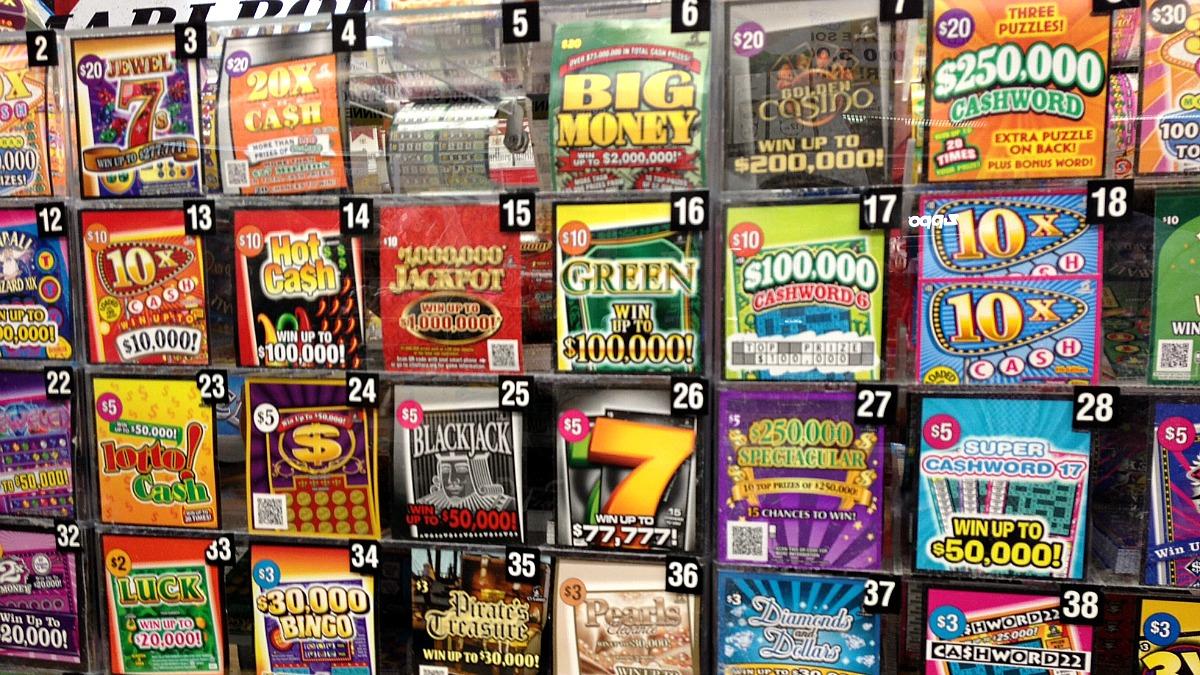Lotteries have long captured the imagination of people worldwide. With promises of instant wealth and dreams fulfilled, they stand as a testament to the allure of chance. Yet, beyond the surface appeal of hitting the jackpot lies a complex world of statistics, psychology, and societal impact messipoker. In this article, we delve deep into the intricacies of the lottery game, exploring its dynamics, controversies, and the surprising ways it shapes our lives.
The Fascination of Chance: At its core, the lottery is a game of chance. The allure of winning against astronomical odds draws millions to participate, transcending geographic, cultural, and socioeconomic boundaries. Whether it’s the thrill of anticipation or the dream of financial freedom, the lottery taps into primal instincts and aspirations shared by humanity for centuries.
Statistics Behind the Numbers: Despite its perceived randomness, the lottery is governed by precise mathematical principles. Probability theory dictates the likelihood of specific number combinations, with each ticket representing a unique permutation in a vast sea of possibilities. Understanding these probabilities can empower players to make informed decisions, albeit within the constraints of uncertainty.
The Psychology of Lottery Participation: Beyond the numbers, the lottery reveals intriguing insights into human psychology. Behavioral economics elucidates the cognitive biases and heuristics that influence our perception of risk and reward. From the “availability heuristic,” where recent wins amplify perceptions of success, to the “illusion of control,” wherein players believe they can influence outcomes through superstition or strategy, psychological factors play a pivotal role in shaping lottery participation.
The Social Impact: While the lottery offers the promise of prosperity, its impact extends beyond individual fortunes. Government-run lotteries contribute significant revenue to public coffers, funding essential services such as education, healthcare, and infrastructure. However, critics argue that the regressive nature of lottery taxation disproportionately affects low-income individuals, exacerbating socioeconomic inequalities.
The Dark Side: Despite its ubiquity, the lottery is not without controversy. From tales of winners squandering fortunes to instances of fraud and corruption, the dark underbelly of the lottery industry underscores the perils of unchecked greed and exploitation. Moreover, the addictive nature of gambling can lead to financial ruin and personal hardship for vulnerable individuals, raising ethical concerns about the societal cost of promoting games of chance.


